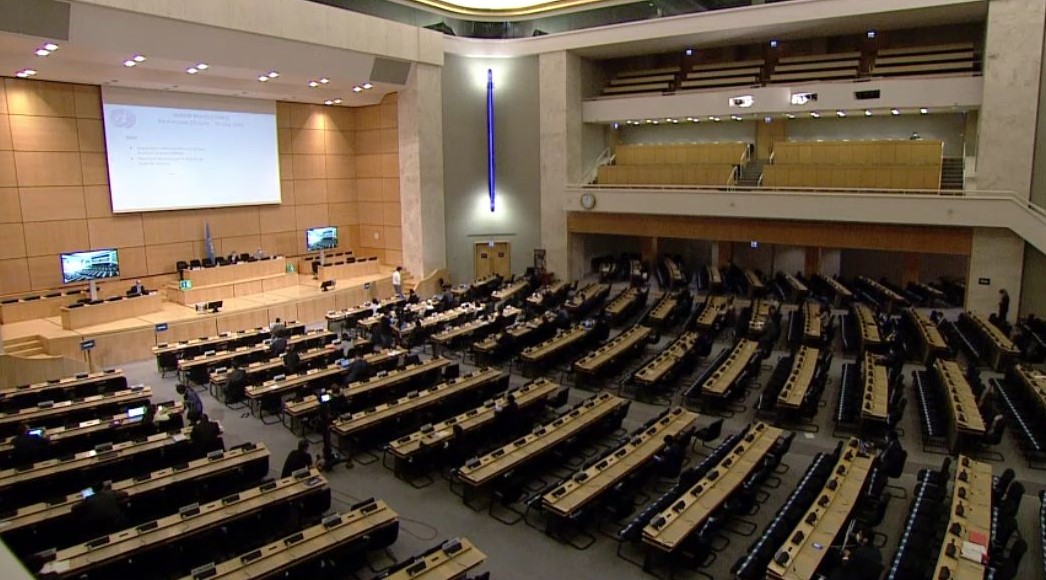Today, during a debate on the outcome of the Universal Periodic Review of Libya, the ICJ called on Lybian authorities to bring the country’s criminal legislation in line with international law, in particular by defining clearly crimes under international law.
The statement reads as follows:
“Madame President,
The International Commission of Jurists (ICJ) welcomes Libya’s acceptance of the recommendation to cooperate fully with the Independent Fact-Finding Mission on Libya and ensure that it has unfettered access throughout the country’s territory (148.7-8, 148.11-17).
The ICJ regrets that Libya has only taken note of – as opposed to accepting ‒ Estonia’s recommendation (148.80) to bring the Penal Code in line with international standards, and Libya’s rejection of Zambia’s recommendation (148.70) to define crimes under international law in Libya’s domestic legal system clearly.
Libyan domestic law fails to criminalize: arbitrary deprivation of life; torture and other ill-treatment; enforced disappearance; rape and other forms of sexual and gender-based violence; slavery; war crimes; and crimes against humanity, in line with international law and standards.
The ICJ further welcomes Libya’s acceptance of the recommendations (148.144-146, 148-149, 151-161, 165-166) to investigate effectively crimes under international law and bring perpetrators to justice.
The ICJ expresses concern, however, at the prevailing impunity in the country. Crimes under international law are not being effectively investigated and prosecuted, largely because of the absence of political will, inadequate resources, and the frequent threats against justice actors, particularly by armed groups.
The ICJ also regrets that Libya failed to accept the recommendations of: Ukraine (148.25); Costa Rica (148.31); Cyprus (148.32); France (148.33); the Holy See (148.34); Liechtenstein (148.35); Namibia (148.36); Portugal (148.37); Rwanda, Croatia and Slovakia (148.37); Argentina (148.38); Australia (148.39); Honduras (148.40); Iceland (148.41); Italy (148.42); and Latvia (148.43). These recommendations call on Libya to establish a moratorium on executions, and to accede to the Second Optional Protocol to the International Covenant on Civil and Political Rights with a view to abolishing the death penalty. The death penalty constitutes a violation of the right to life and of the absolute prohibition of torture and other cruel, inhuman or degrading treatment or punishment.
I thank you.”
Contact:
Massimo Frigo, ICJ UN Representative, e: massimo.frigo(a)icj.org, t: +41797499949
Vito Todeschini, Legal Adviser, ICJ MENA Programme, e: vito.todeschini(a)icj.org




